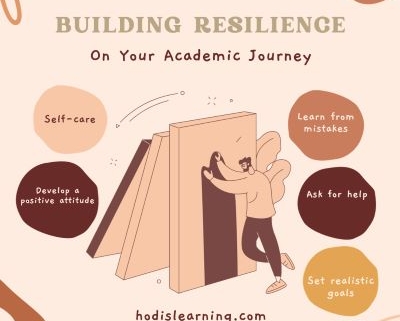The pressure to perform in school can be overwhelming, so finding effective stress management techniques is crucial for students. One powerful yet straightforward method to regain focus and reduce anxiety is box breathing. Also known as square breathing, this technique is not only beneficial for students but for anyone looking to enhance their mental clarity and emotional balance. This post delves into the basics of box breathing, its benefits, and how to incorporate it into your daily routine.
What is Box Breathing?
Box breathing is a simple, yet powerful, deep breathing technique used to calm the mind and regulate the body’s stress response. It involves taking slow, deep breaths in a specific rhythm: inhale, hold, exhale, and hold again, each for an equal count of four. The visual metaphor of a box is used to represent the four equal parts of the breathing cycle, hence the name.
Benefits of Box Breathing
- Reduces Stress and Anxiety: By activating the parasympathetic nervous system, box breathing helps lower stress levels, reducing feelings of anxiety and promoting a sense of calm.
- Enhances Focus and Concentration: This breathing technique can help clear the mind, improve concentration, and enhance overall cognitive function, making it an excellent tool for students during study sessions or exams.
- Improves Emotional Regulation: Regular practice of box breathing can aid in managing emotions, leading to better emotional resilience and the ability to remain calm under pressure.
- Increases Lung Capacity: Like any deep breathing exercise, box breathing can help increase lung capacity, improving overall respiratory health and efficiency.
How to Practice Box Breathing
Box breathing can be practiced almost anywhere and anytime you feel stressed or need to refocus. Here’s a simple guide to get started:
- Find a Comfortable Position: Sit or stand in a comfortable position. Close your eyes if it helps you concentrate.
- Inhale-Hold-Exhale-Hold: Slowly inhale through your nose, focusing on the sensation of the air filling your lungs. Hold your breath, but try not to clamp your mouth or nose shut. Slowly exhale through your mouth, focusing on the feeling of release as you breathe out. Hold again before beginning the next cycle.
- Timing Pattern: Inhale, hold, and exhale for the same amount of time. For example, inhale for 4 seconds, hold for 4 seconds, exhale for 4 seconds, and hold again for 4 seconds (4-4-4-4). You can adjust the intervals as needed: for example, 3-3-3-3, 5-5-5-5, or 6-6-6-6.
- Repeat: Repeat the breathing cycle for four rounds or continue for a few minutes until you feel more relaxed and centered.
Incorporating Box Breathing into Your Daily Routine
To gain the maximum benefits, incorporate box breathing into your daily routine. Begin your study sessions with a few minutes of box breathing to enhance focus, or use it as a tool to manage stress during exams. It can also be a beneficial practice before sleep to help relax and fall asleep more quickly. Box breathing can also be used as a mindful meditation technique. See our article on mindfulness for more information on its impact on academic performance.
Conclusion
Box breathing is a versatile and effective technique for managing stress, enhancing focus, and promoting emotional well-being. Its simplicity makes it accessible to anyone, anywhere, providing a quick and effective way to center oneself in moments of anxiety or distraction. For students navigating the pressures of academic life, mastering box breathing can be a powerful addition to their toolkit, helping them to remain calm, focused, and ready to tackle their studies with a clear mind.
Book an Academic Coach to Optimize Your Academic Performance
Box breathing is only one of hundreds of different tools that Hodis Learning & Music’s expert academic coaches teach students to destress and focus. Develop effective habits and improve your academic performance with our coaches today! Call or email us to learn more.










